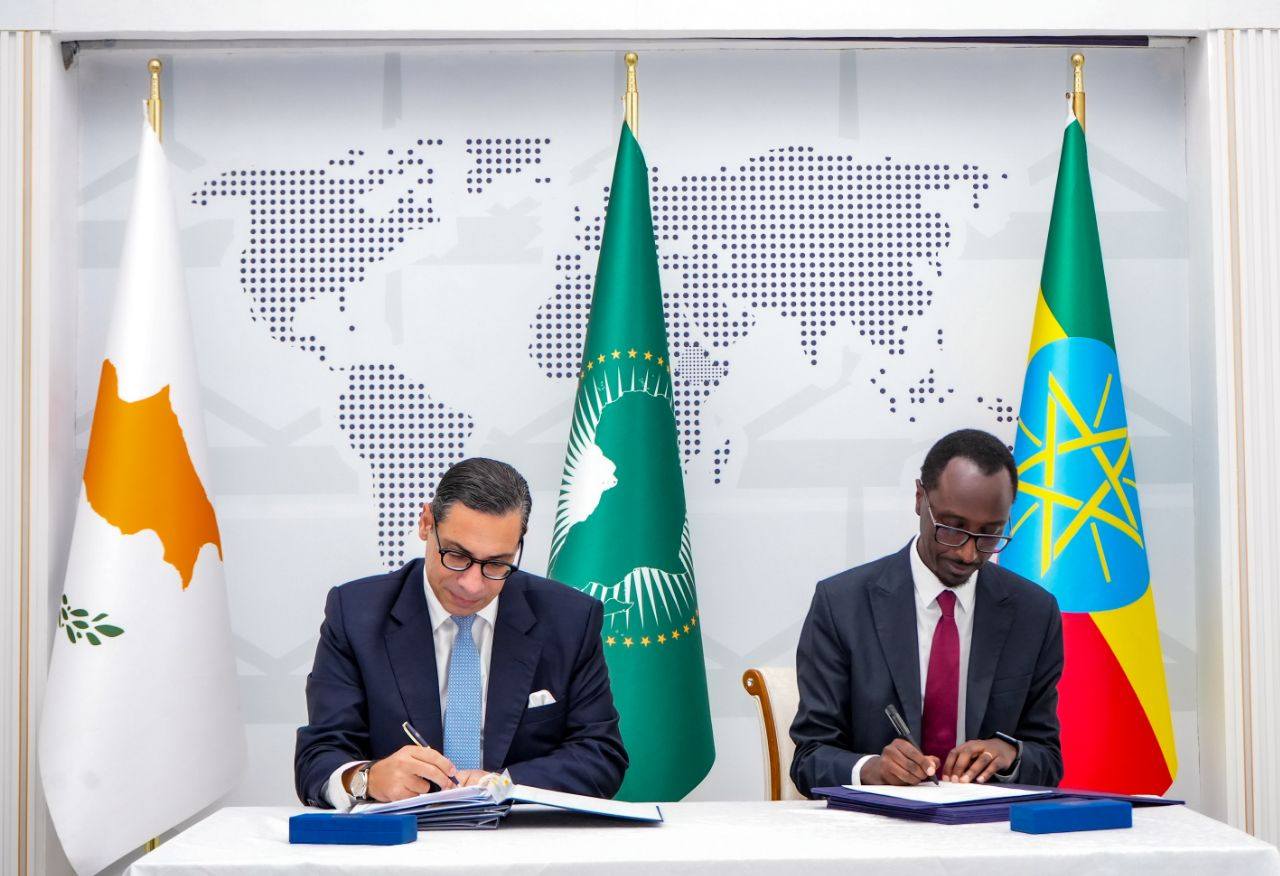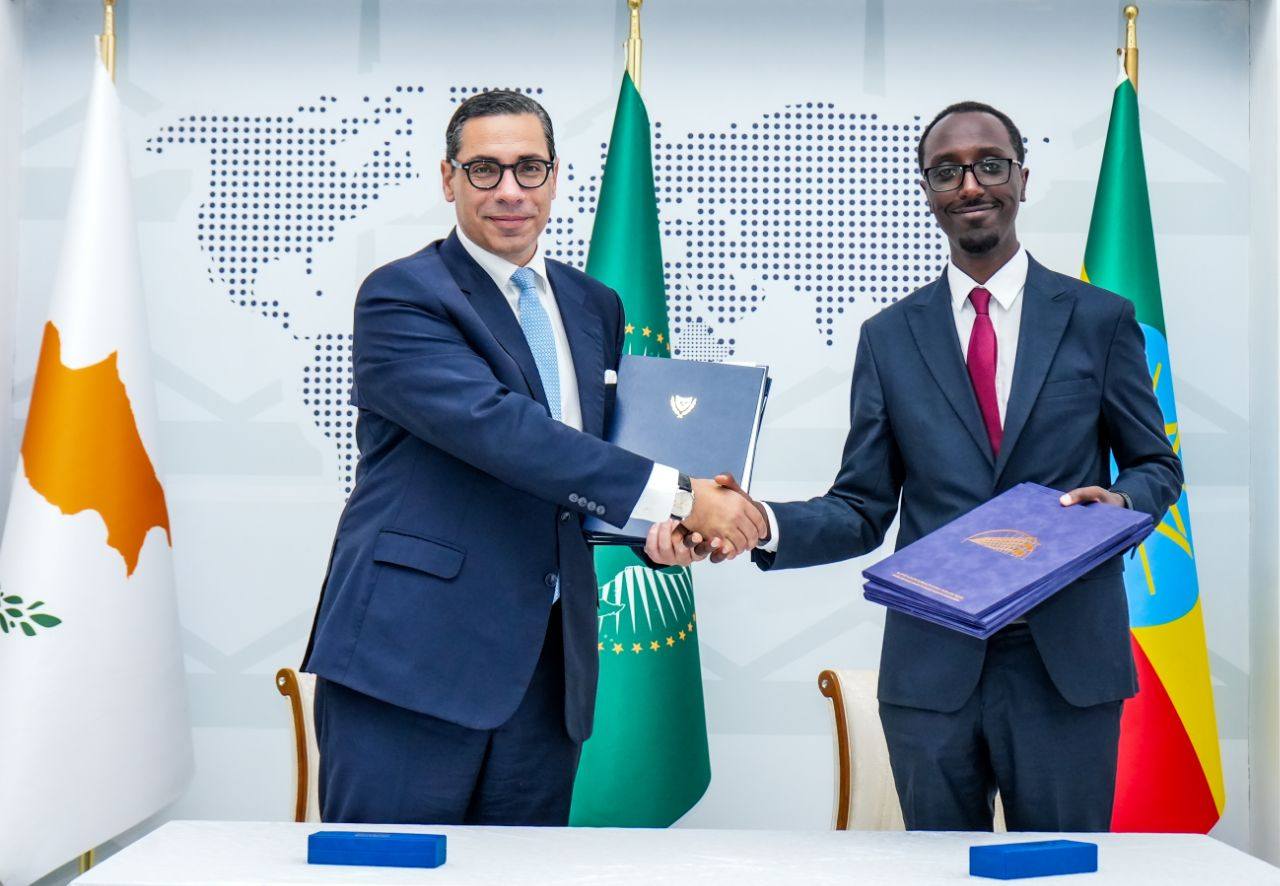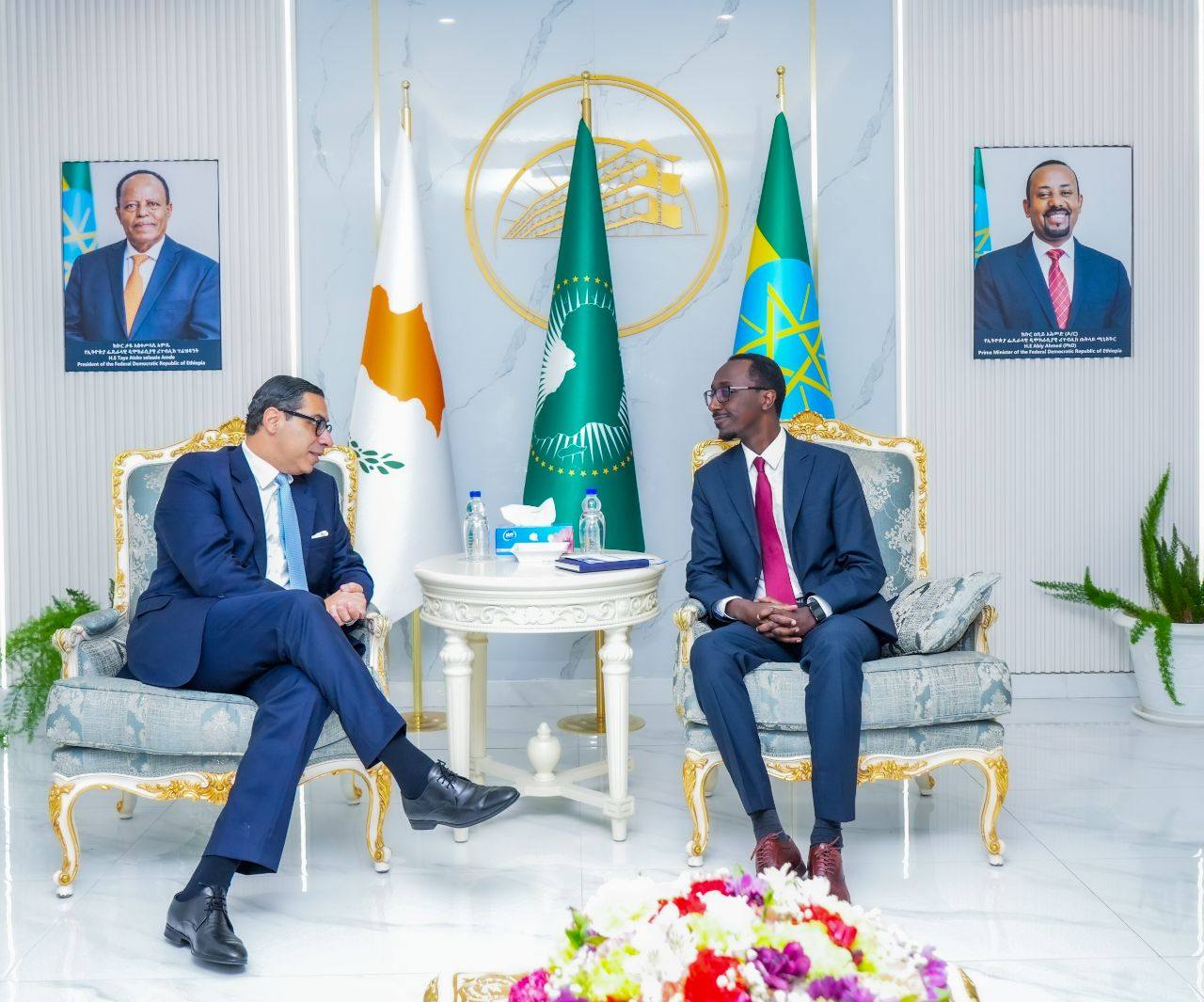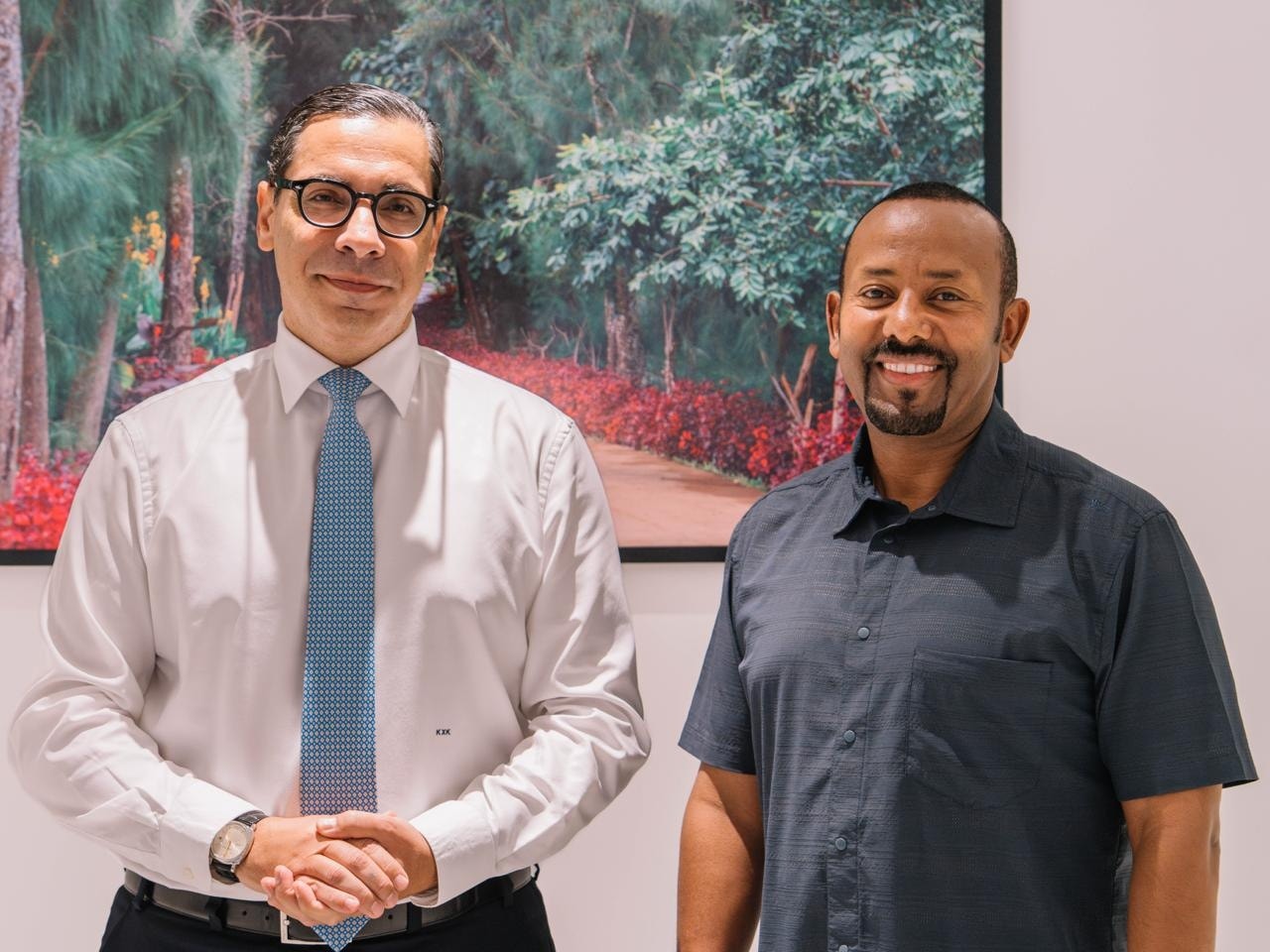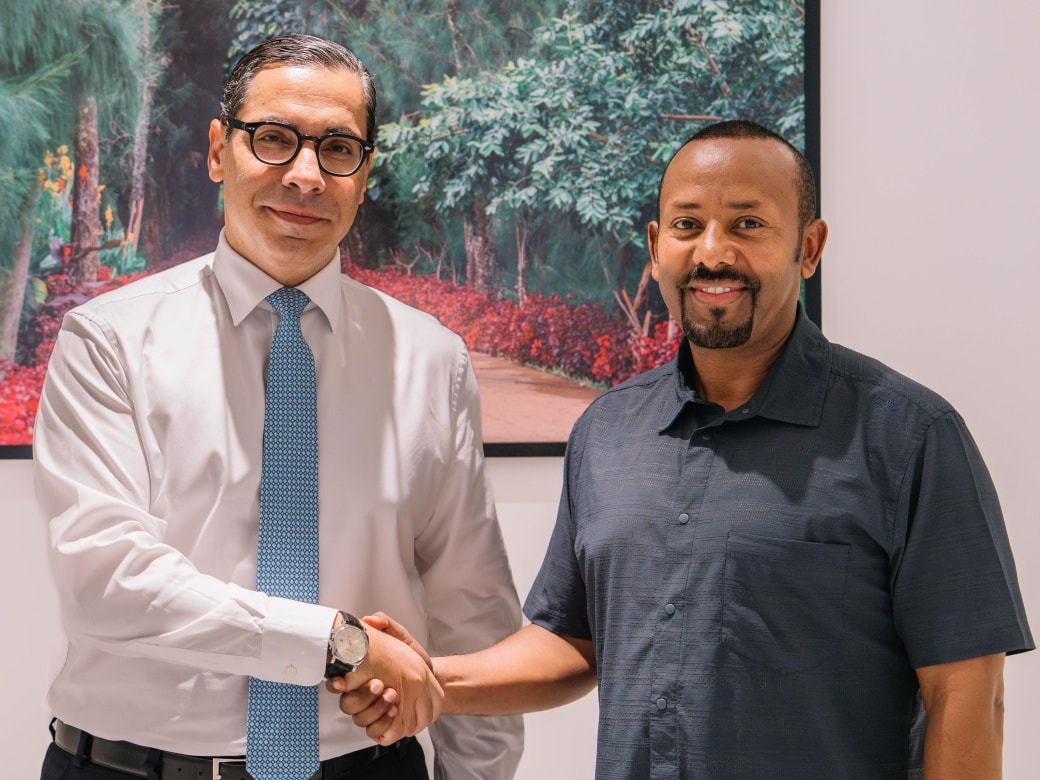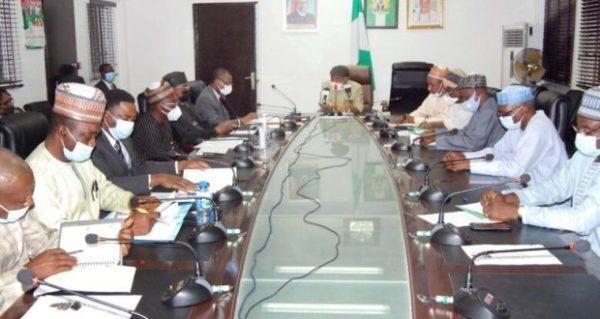Trump unveils major breakthrough as Israel and Hamas finalize peace plan phase

A New Dawn in the Middle East
In a remarkable diplomatic development, U.S. President Donald Trump announced on Wednesday that Israel and Hamas had reached an agreement on the initial phase of a peace framework, aiming to bring an end to the ongoing conflict in Gaza and secure the release of all hostages. This breakthrough marks a significant step towards resolving one of the most enduring and complex conflicts in the region.
Trump shared the news during a White House event, where he received a handwritten note from Secretary of State Marco Rubio. He revealed that both parties had endorsed the first stage of what he described as “a strong, durable, and everlasting peace.” According to Trump’s statement on Truth Social, this means that all hostages will be released soon, and Israel will withdraw its troops to an agreed-upon line.
“All parties will be treated fairly. This is a great day for the Arab and Muslim world, Israel, all surrounding nations, and the United States of America. Blessed are the peacemakers!” Trump wrote.
Key Components of the Peace Framework
According to White House officials, the framework was developed after extensive talks involving Qatar, Egypt, Turkey, and U.S. negotiators. The plan is expected to be implemented in stages, with the release of Israeli hostages and Palestinian prisoners forming the first step. Israeli sources have indicated that the hostages are expected to return home this weekend.
Following Trump’s announcement, Israeli Prime Minister Benjamin Netanyahu confirmed that he would convene his cabinet on Thursday to ratify the deal. He called it “a great day for Israel” and pledged, “With God’s help, we will bring them all home.”
Behind the Scenes: The Final Push
Behind the scenes, sources mentioned that the final push for the agreement came after a high-level meeting in Egypt’s Sharm el-Sheikh. The meeting included U.S. envoy Steve Witkoff, Trump’s son-in-law Jared Kushner, and intelligence chiefs from Egypt, Turkey, and Israel. Reports of progress intensified throughout the day, culminating in Rubio slipping a note to Trump indicating that the deal was imminent.
A Qatari official later confirmed that “all provisions and implementation mechanisms” of the first phase had been agreed upon. This paves the way for an end to the war, the release of detainees, and the entry of humanitarian aid into Gaza.
Hamas’ Response
In an unusually conciliatory statement, Hamas thanked Qatar, Egypt, and Turkey for their mediation efforts and specifically acknowledged Trump for his role in brokering the breakthrough. The group stated, “We value the efforts of U.S. President Donald Trump, who seeks to bring about a definitive end to the war and a complete withdrawal of the occupation from Gaza.”
However, Hamas also urged mediators to ensure that Israel “fully implements the agreement’s requirements” without delay.
Challenges Ahead
While Trump celebrated what he called “the first steps toward a lasting peace,” he acknowledged that more difficult issues, including Hamas’ disarmament and the future governance of Gaza, would need to be addressed in subsequent negotiations.
The deal must now undergo formal approval by Israel’s cabinet, as required by law. There is a brief window for potential legal petitions before prisoner releases can proceed.
Conclusion
This diplomatic breakthrough represents a significant shift in the long-standing conflict between Israel and Hamas. It highlights the critical role of international mediation and the importance of sustained dialogue in achieving lasting peace. As the next steps unfold, the focus will remain on ensuring the successful implementation of the agreement and addressing the remaining challenges that lie ahead.
